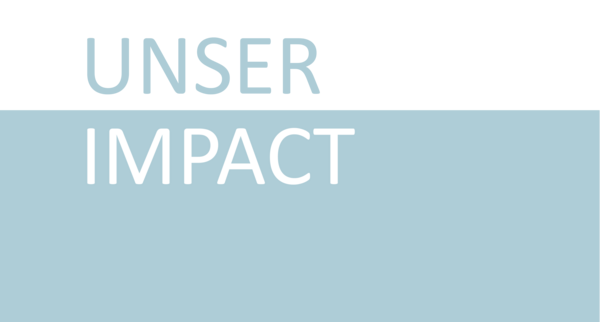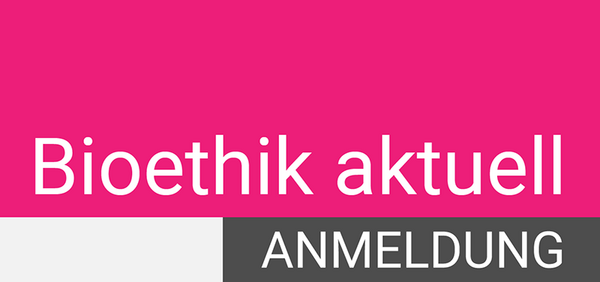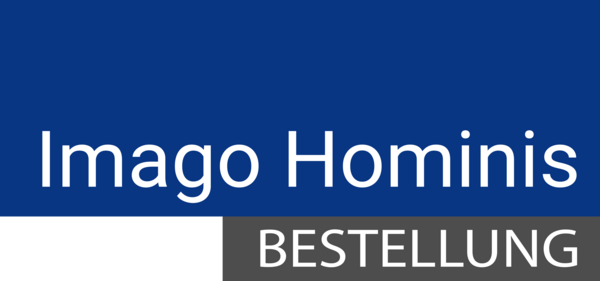Prozessoptimierung im Krankenhaus: Chancen und Gefahren
Zusammenfassung
Papierlose Krankenhäuser und Digitalisierung von Prozessen sind heute schon die Realität. Es ist nicht vorstellbar, dass die Behandlung im Krankenhaus davon ausgeschlossen bleibt. Immer mehr unternehmerisch denkende Menschen wollen und werden die Vorteile an Geschwindigkeit, Qualität und Kosten einer möglichst großen Zahl von Patienten zugänglich machen. Ob die Politik diese Entwicklung nur mit Rahmenbedingungen, z. B. für die Qualitätssicherung und den Datenschutz, begleitet oder darin eine volkswirtschaftliche Chance erkennt, hängt vom Kräfteverhältnis zwischen den konservativen Angehörigen der Gesundheitsberufe und dem Zuwachs an objektivem und bezahlbarem Patientennutzen ab.
Schlüsselwörter: Klinische Pfade, Krankenhäuser, Organisation, Prozessmanagement, Prozessoptimierung
Abstract
Paperless hospitals and the digitalization of processes are already a reality today. It is unimaginable to think that the treatment of patients in hospitals will somehow be immune to such developments. More and more entrepreneurs want to and will take advantage of process optimization – to improve speed, quality, and costs, and be more accessible to a larger number of patients. Whether public policies follow such developments – for example, with legislation addressing quality assurance and data protection – or take advantage of the economic opportunities will depend on the balance of power between conservative health care professionals and the increase in the use of such evidence-based and affordable services by patients.
Keywords: clinical pathways, hospitals, organization, process management, process optimization
Prof. Dr. med. Harald Mang
Koordinator Medical Process Management
Friedrich-Alexander-Universität Erlangen-
Nürnberg
Krankenhausstraße 12, D-91054 Erlangen
Harald.Mang(at)uk-erlangen.de







